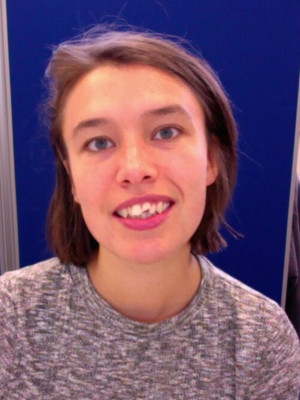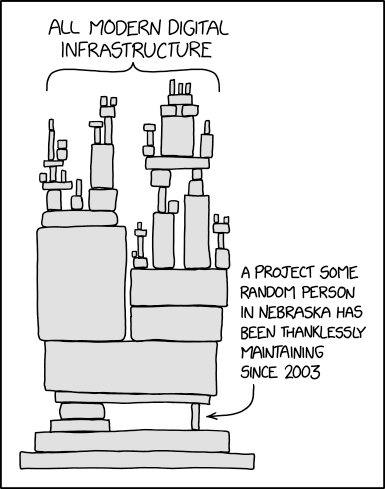
Lucy Whalley
SSI fellow
Northumbria University
My research interests are centred around materials used for renewable energy generation (e.g. solar cells) and storage (e.g. reusable batteries). I use atomistic modelling to predict the properties of these materials and link the macroscopic observables (such as open circuit voltage or thermodynamic stability) with microscopic processes (such as electron capture or electron-phonon coupling).
The models I use are based on ab-initio (first-principles) methods derived from quantum mechanics and can be used to predict material properties with limited experimental input. These atomic scale models can be used to rationalise existing experimental observations, or guide future investigations. For example, it can explain why heat travels slowly through some materials or predict new materials for high-performance solar cells.
When modelling solid materials it is commonly assumed that there that there are no defects (missing or extra atoms), and that the atoms within the material are perfectly static. However a material always has defects (these are unavoidable due to the laws of thermodynamics), and the atomic lattice vibrates with heat. These defects and vibrations are important to understand because they can have a significant impact upon the performance of a device. My research has focused on the defects and lattice distortions in halide and chalcogenide perovskite materials, a family of materials that have become incredibly popular over the last decade as they can convert sunlight into electricity efficiently, and have the potential to form more flexible, lightweight and cheaper solar panels than those currently on the market.
ORCID: 0000-0002-2992-9871
Fields of expertise: renewable energy generation and storage
Online Presence
Check out contributions by and mentions of Lucy Whalley on www.software.ac.uk



